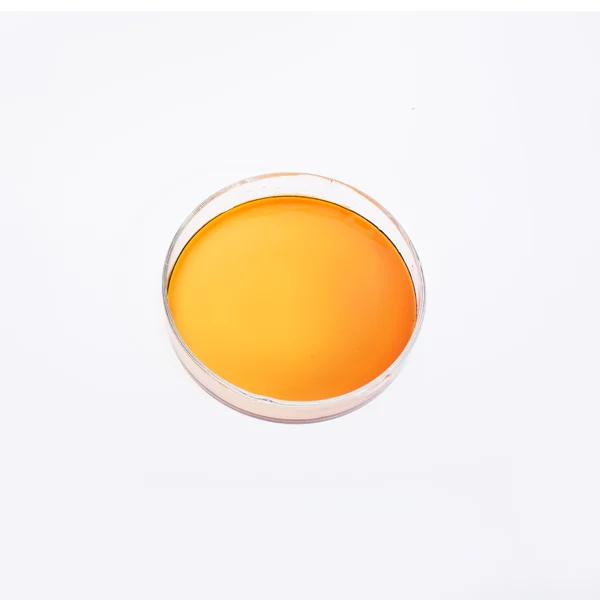
News
Ноя . 08, 2024 06:50 Back to list
Enhancing Plant Growth with Micronutrient-Enriched Foliar Fertilizers for Optimal Results
Micronutrient Foliar Fertilizers Enhancing Plant Health and Yield
In the pursuit of optimal agricultural practices, micronutrient foliar fertilizers have emerged as a critical component for enhancing plant health and maximizing crop yields. These specialized fertilizers deliver essential micronutrients directly to the leaves of plants, allowing for rapid absorption and utilization. This method not only addresses nutrient deficiencies but also improves the overall resilience of crops against environmental stresses, making it a favored approach among modern farmers.
Understanding Micronutrients
Micronutrients, though required in smaller quantities than macronutrients, play a vital role in the physiological and biochemical processes of plants. Key micronutrients include iron (Fe), manganese (Mn), zinc (Zn), copper (Cu), boron (B), molybdenum (Mo), and chlorine (Cl). Each of these elements contributes to various functions such as photosynthesis, nitrogen fixation, enzyme activation, and hormone regulation.
Deficiencies in these micronutrients can lead to a range of issues, including stunted growth, poor fruit development, and increased susceptibility to diseases. For instance, zinc deficiency is known to cause leaf chlorosis and reduced kernel size in cereal crops, while boron deficiency can inhibit flowering and fruit set in fruit trees. By employing foliar fertilizers rich in these micronutrients, farmers can quickly rectify these deficiencies, thereby safeguarding crop productivity.
Mechanism of Foliar Fertilizers
Foliar application involves spraying a nutrient solution directly onto the leaves of plants. The leaf surface acts as a point of entry for these nutrients, facilitating immediate absorption through the stomata and cuticle. This method is especially beneficial during critical growth stages when plants have high nutrient demands or when soil applications are inadequate due to factors such as poor soil fertility or adverse weather conditions.
One of the significant advantages of foliar fertilization is its ability to produce rapid responses in plants. Unlike traditional soil applications, which can take weeks to exhibit effects, foliar feeding can result in visible improvements within days. This rapid response is particularly advantageous during critical growth phases, such as flowering or fruit development, where timely nutrient availability can directly impact yield and quality.
micronutrient foliar fertilizer

Applications and Best Practices
While the benefits of micronutrient foliar fertilizers are clear, successful application requires adherence to best practices. Timing is crucial; applications should be made during periods of active growth and when environmental conditions are favorable, such as early morning or late afternoon to minimize evaporation and maximize absorption.
Moreover, understanding the specific nutrient needs of different crops and their growth stages is essential. Conducting soil tests can help identify potential micronutrient deficiencies, allowing farmers to tailor their foliar nutrient programs accordingly. Using the correct concentration and ensuring even coverage are also vital to achieving optimal results.
Environmental Considerations
As with any agricultural practice, the environmental impact of foliar fertilization must be considered. Over-application can lead to nutrient runoff, potentially impacting water sources and ecosystems. Therefore, precise application techniques and adherence to recommended rates are necessary to minimize negative consequences while maximizing crop health.
Conclusion
Micronutrient foliar fertilizers represent a powerful tool in modern agriculture, offering a direct and efficient method for enhancing plant nutrition. By facilitating quick absorption of essential micronutrients, these fertilizers can mitigate deficiencies, improve resilience, and ultimately boost crop yields. As farmers continue to seek innovative solutions to meet the challenges of sustainability and food security, the role of micronutrient foliar fertilizers will undoubtedly grow, providing a pathway toward healthier crops and more bountiful harvests. Embracing this technology can help cultivate a more sustainable agricultural future, ensuring that we meet the demands of a growing global population while safeguarding our natural resources.
-
Polyaspartic Acid Salts in Agricultural Fertilizers: A Sustainable Solution
NewsJul.21,2025
-
OEM Chelating Agent Preservative Supplier & Manufacturer High-Quality Customized Solutions
NewsJul.08,2025
-
OEM Potassium Chelating Agent Manufacturer - Custom Potassium Oxalate & Citrate Solutions
NewsJul.08,2025
-
OEM Pentasodium DTPA Chelating Agent Supplier & Manufacturer High Purity & Cost-Effective Solutions
NewsJul.08,2025
-
High-Efficiency Chelated Trace Elements Fertilizer Bulk Supplier & Manufacturer Quotes
NewsJul.07,2025
-
High Quality K Formation for a Chelating Agent – Reliable Manufacturer & Supplier
NewsJul.07,2025
